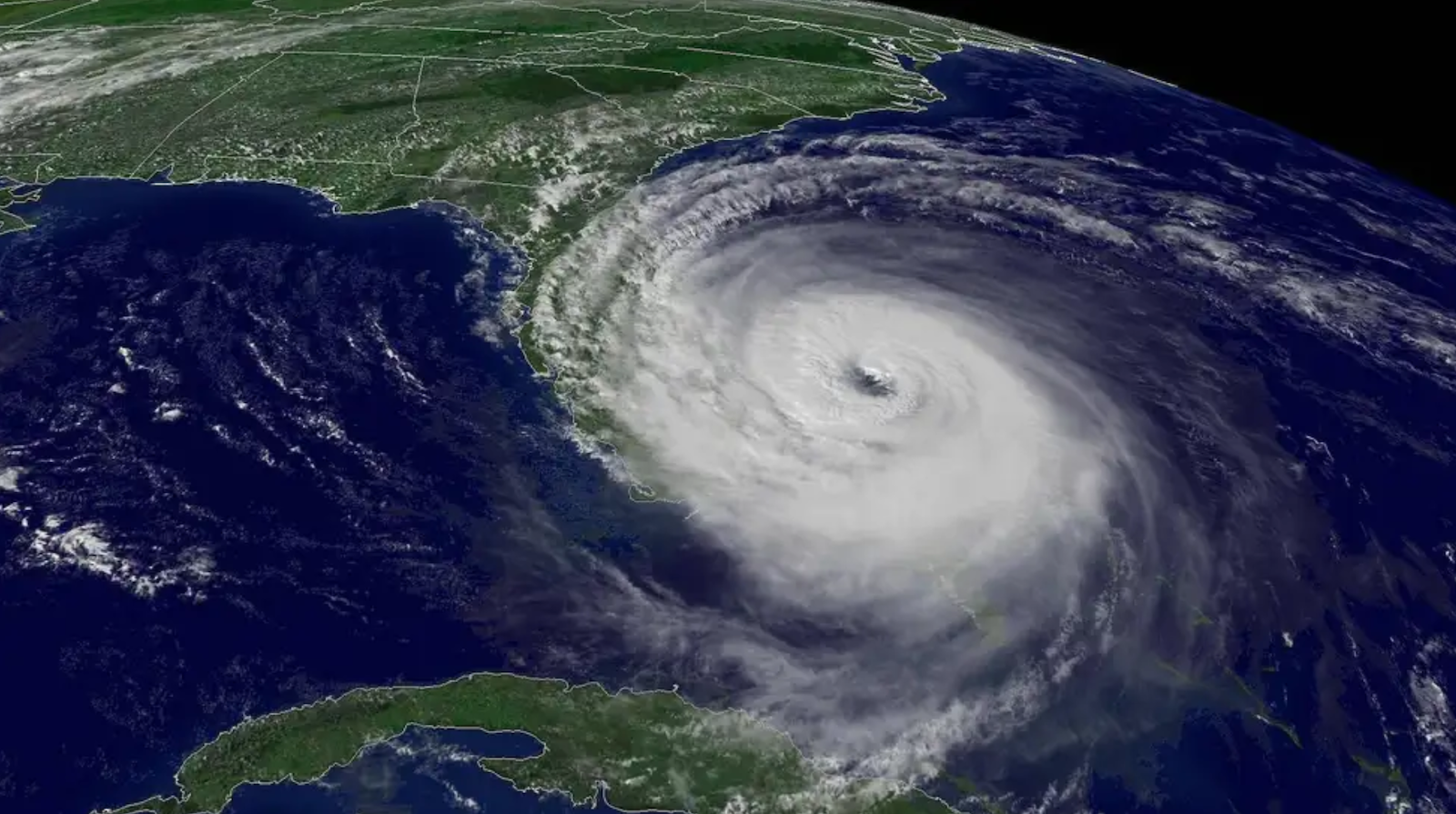KEY TAKEAWAY:
--Although storm surge is incredibly damaging, it’s omitted from most traditional home insurance policies. Policyholders need help understanding if their current policies cover damage it causes.
----------
June marked the start of the six-month-long hurricane season, a time of year that brings forth powerful storms capable of causing extensive damage and loss of life. The Eastern Seaboard, in particular, often finds itself in the crosshairs of severe winds, heavy rainfall and storm surge, which can lead to destruction for countless homeowners and communities.
What Hurricane Ian Taught Us About Financial Damage
One need only look back at the aftermath of Hurricane Ian last year to see the lasting impact these storms can have. The devastation resulted in an estimated $112.9 billion in physical and economic damage, ranking it among the five costliest hurricanes in U.S. history. In Florida, Hurricane Ian is anticipated to set records as the largest hurricane-related loss event.
Only about 18% of homes in counties that were under evacuation orders for Hurricane Ian actually had a flood insurance policy. Ian left thousands of homeowners holding the bag to cover the costs caused by storm surge, and many workforces were completely disrupted.
Although storm surge is incredibly damaging, it’s omitted from most traditional home insurance policies. Policyholders need help understanding if their current policies cover damage it causes. If there’s a gap in coverage, then it’s valuable for them to get supplemental disaster insurance that specifically covers storm surge or flooding caused by hurricanes.
See also: Hurricane Season: More Trouble Ahead?
What Does This Hurricane Season Have in Store?
Although preseason predictions suggested a less active hurricane season, Mother Nature can be fickle. According to experts at the Colorado State University Tropical Meteorology Project, 13 named storms are expected for the 2023 season, including six hurricanes, with two of them potentially becoming major hurricanes (Category 3 or higher on the Saffir-Simpson scale). While this may seem like a relatively calm year, even in "normal" seasons like 2022, hurricanes such as Ian and Nicole each resulted in billions of dollars in damages in the U.S.
These lessons serve as a reminder that even if the forecasts indicate fewer hurricanes, the effects can still be incredibly costly. With the memories of Hurricane Ian fresh, policyholders along the eastern U.S. coastline must prepare themselves and their finances for the unpredictable nature of hurricanes.
Here are six steps consumers can take to safeguard against the dangers and financial impacts of hurricanes:
- Stay informed: Keep a close eye on news and weather forecasts to stay updated on any approaching hurricanes. Create a disaster plan and be prepared to evacuate if necessary.
- Secure your home: Strengthen your home against hurricane forces by reinforcing the roof, windows and doors with hurricane shutters or other protective measures.
- Elevate your home: While this is obviously a major step, FEMA says it's important to ensure that the lowest floor of your home is above the base flood elevation for your area.
- Clear your yard: Remove any debris from your yard that could become hazardous when caught in high winds.
- Stock up on supplies: Prepare an emergency supply kit with essentials such as water (at least one gallon per person per day for a minimum of three days), non-perishable food, first aid supplies, flashlights and a battery-powered radio to stay informed during power outages.
- Invest in disaster insurance: Traditional home and renter insurance policies often lack comprehensive coverage, leading to significant out-of-pocket expenses for families. Waiting for claim processing can deplete emergency funds. Products like Recoop Disaster Insurance offer a solution by providing insured homeowners with quick access to flexible funds within days of filing a claim after a declared disaster.
See also: The Unprecedented Hurricane Season
While it’s impossible to predict the exact path and severity of hurricanes in any given year, you can encourage your clients to take these measures. They will significantly improve their preparedness in the face of a potential disaster and will appreciate having an insurer that cares about their overall financial well-being








